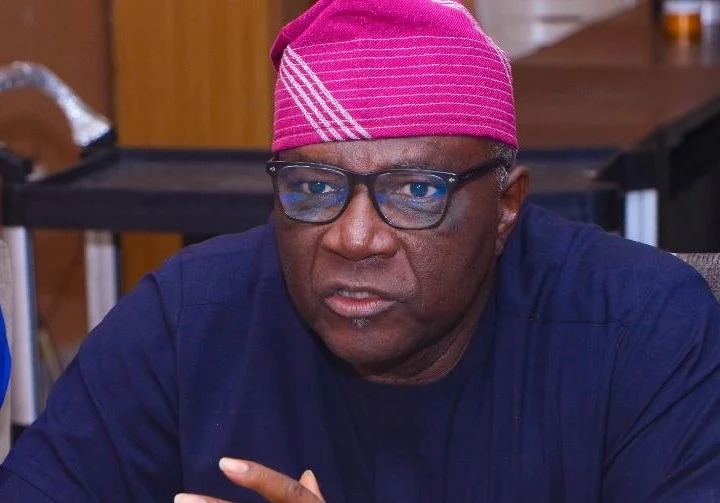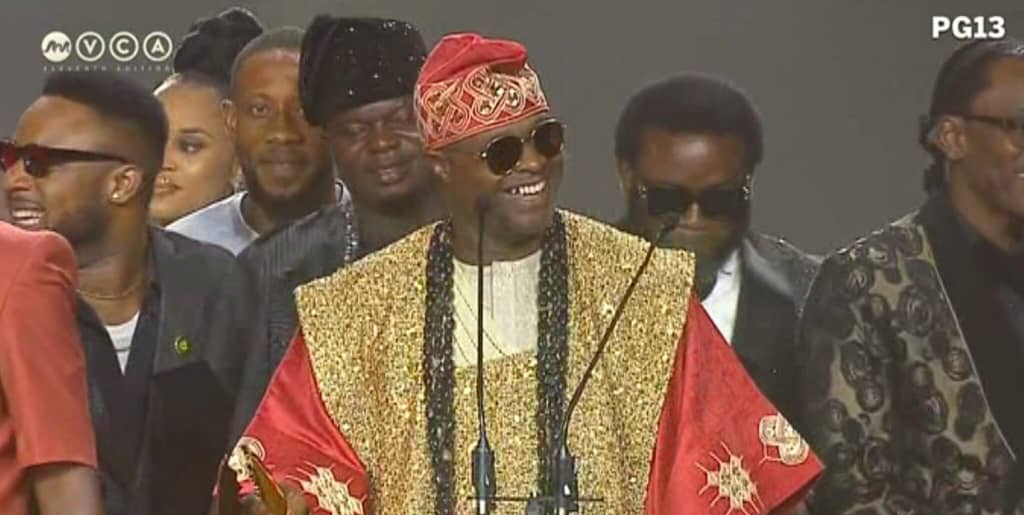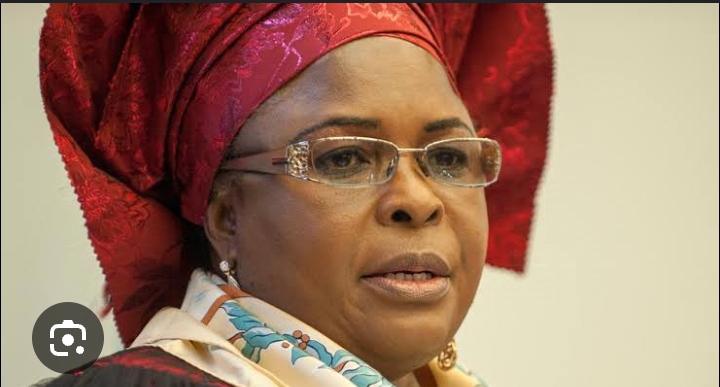NIGERIA: Onanuga Disputes Adesina’s Claims On Nigeria’s Economic Decline Since 1960

By Onoja Baba, Nigeria
The Special Adviser to the President on Information and Strategy, Bayo Onanuga, has faulted recent remarks by African Development Bank (AfDB) President, Akinwumi Adesina, that Nigerians are worse off today than they were in 1960.
Onanuga described the assertion as misleading and based on inaccurate economic data.
Taking to social media platform X (formerly Twitter) on Monday, Onanuga responded to Adesina’s claims that Nigeria’s per capita GDP in 1960 stood at $1,847 compared to a current figure of $824.
He dismissed the figures as incorrect, noting that official records placed Nigeria’s GDP in 1960 at $4.2 billion and its population at 44.9 million, equating to a per capita income of just $93.
“Ninety-three, not even one hundred dollars,” Onanuga wrote, adding that substantial economic growth did not occur until the 1970s when Nigeria began to benefit from oil wealth.
“In 1970, our GDP rose to $12.55 billion, $27.7 billion in 1975, and $64.2 billion in 1980,” he stated. He added that GDP per capita hit $2,187 in 1981 before dipping again.
Onanuga challenged Adesina’s credibility, querying the source of his economic data and arguing that the AfDB chief’s comparison was not only flawed but also “politically coloured.”
“GDP per capita alone is a poor tool for assessing living standards. It does not account for quality of life, wealth distribution, or improvements in access to services,” Onanuga wrote.
He pointed to advancements in telecommunications, education, and transport infrastructure as evidence of progress.
“In 1960, Nigeria had fewer than 20,000 telephone lines. Today, over 200 million people have access to mobile and digital services,” he said, citing MTN Nigeria’s first-quarter 2025 revenue of over ₦1 trillion and its 84 million subscribers.
Onanuga further accused Adesina of sounding like a political actor. “He spoke like a politician, in the mould of Peter Obi, and did not do due diligence before making his unverifiable statement,” he said.
He concluded that the scale of Nigeria’s economy today dwarfs what existed at independence.
“We can comfortably say, without contradiction, that the economy is at least 50 to 100 times larger than it was in 1960,” Onanuga declared, pointing to the country’s imminent GDP recalibration by the National Bureau of Statistics.
The economic spat highlights an ongoing debate over how best to measure national development through economic indicators like GDP or broader metrics, including access to health, education, technology, and quality of life.
categories
recent posts

South Sudan Ruling Party Headquarters Engulfed In Afternoon Blaze




